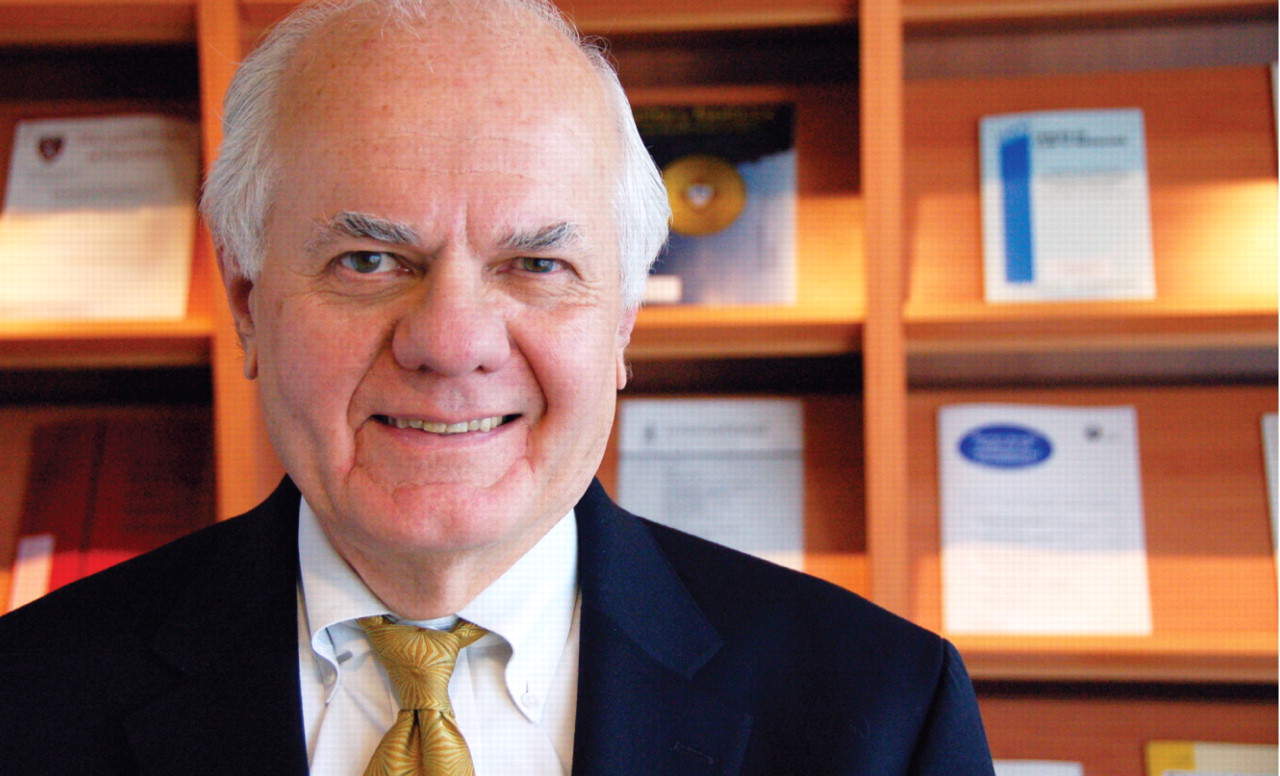Thomas Craig, M.D., M.P.H., has joined the APA staff as director of the Department of Quality Improvement and Psychiatric Services (QIPS).
Craig comes to APA from the Veterans Health Administration (VHA), where he served as the senior medical officer in the Office of Quality and Performance. During his tenure at the VHA, he was responsible for national policy and oversight of quality activities including accreditation, credentialing, utilization management, risk management, clinical guideline development, external peer-review programs, and quality improvement.
Craig is not new to APA, however. He has been active in APA district branch activities, having served as president of the West Hudson District Branch in the 1980s.
Craig received his psychiatry training at Johns Hopkins University and his epidemiology training at the Hopkins School of Hygiene and Public Health. He has published extensively in the areas of epidemiology, pharmaco-epidemiology, clinical research, and health services research—the latter including work on quality indicators and electronic record decision support.
In an interview with Psychiatric News, Craig said the initiatives of the Department of Quality Improvement and Psychiatric Services are designed to promote evidence-based psychiatry to improve the quality of care; identify, advance, and disseminate appropriate quality of care standards, guidelines, measures, and interventions; advance perspectives and needs of psychiatrists in emerging electronic health records systems; and advocate for special populations, specifically those with substance use disorders and children and adolescents. Its major activities focus on clinical practice guidelines, performance measurement, electronic health records, and buprenorphine training.
Additionally, the department supports the work of three councils (Quality Care, Addiction Psychiatry, and Children, Adolescents, and Their Families), as well as many committees.
Craig told Psychiatric News that in many of these areas—particularly the development of treatment guidelines—APA has been ahead of other medical specialty societies.
“Our goal is to continue the high quality of the department's products and to develop new resources that members can apply to their practices to provide evidence-based medicine,” he said. “We want feedback from members about how they use the products and resources currently provided by the department and about what types of additional resources would be helpful to them.”
Craig said performance measures were bound to become an “increasingly important fact of life” for APA members, as for all physicians, with private and public payers moving toward the use of performance measures as a way to improve quality of care.
“The important thing is to keep these measures focused on the highest quality of care so that it doesn't become a cost-cutting exercise,” he said. “It is my understanding that APA has lobbied Capitol Hill on pay for performance in support of the general principles adopted by the AMA. In particular, APA has urged that incentives to participate are positive and do not penalize physicians who, for whatever reason, decline to join in.”
Darrel Regier, M.D., M.P.H., executive director of the American Psychiatric Institute for Research and Education (APIRE) and director of APA's Division of Research, said Craig's research experience will also enable him to participate as a principal investigator in APIRE research programs addressing the areas covered in QIPS.
“Dr. Craig has been an innovative leader within the VA system, where he has been at the forefront of very successful efforts to enable that massive health care enterprise to meet rapidly emerging demands for mandated approaches to ensure the quality of care, deliver evidence-based treatment, and maintain effective and secure electronic health records,” Regier said in a statement following craig's appointment. “These challenges confront all of medicine, and we are fortunate to have him working with us at APA on behalf of our membership.” ▪

